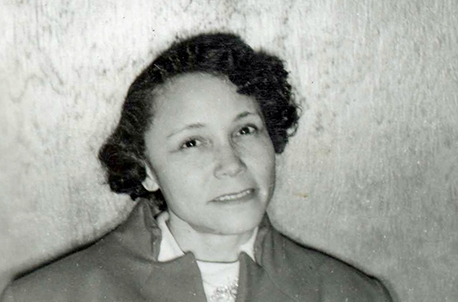The National Civil Rights Museum is celebrating the Juneteenth holiday on June 19 as a Community Day with free museum admission and museum Member Appreciation Day.
This is the second year Juneteenth is observed as a federal holiday, and the museum welcomes all visitors to learn more about the origins and importance fo the holiday and the stories of hard-fought freedom since its origin.
Juneteenth dates back to June 19, 1865, when Union soldier, Major General Gordon Granger, landed at Galveston, Texas with the news that the American Civil War had ended and the enslaved were now free. This announcement was more than two and half years after President Lincoln signed the Emancipation Proclamation. This population of Black Texans were denied their freedom since January 1, 1863.
The museum’s Juneteenth Community Day will allow everyone free admission to explore this American history that illustrates the resilience and contributions of Black Americans despite access to basic freedoms and equality. The goal is to focus on the continued struggle for civil and human rights that guarantee fundamental freedoms and to raise the consciousness of systemic racism with the desired outcome to reform race relations throughout our communities.
The free Juneteenth Community Day admission is on a first-come basis and there is no advance reservation. Members will enjoy special benefits including expressed entry, a member gift, a museum store discount, and refreshments.
The Juneteenth Community Day is made possible by Ford Motor Company Fund. For more information, visit civilrightsmuseum.org.
About the National Civil Rights Museum
The NATIONAL CIVIL RIGHTS MUSEUM, located at the historic Lorraine Motel where civil rights leader Dr. Martin Luther King, Jr. was assassinated, gives a comprehensive overview of the American Civil Rights Movement from slavery to the present. Since the Museum opened in 1991, millions of visitors from around the world have come, including more than 90,000 student visits annually. The Museum is steadfast in its mission to chronicle the American civil rights movement and tell the story of the ongoing struggle for human rights. It educates and serves as a catalyst to inspire action to create positive social change.
The Museum is recognized as a 2019 National Medal Award recipient by the Institute of Museums and Library Services (IMLS), the top national honor for museums and libraries. It is a TripAdvisor Travelers’ Choice Top 5% U.S. Museum, USA Today's Top 10 Best American Iconic Attractions; Top 10 Best Historical Spots in the U.S. by TLC's Family Travel; Must See by the Age of 15 by Budget Travel and Kids; Top 10, American Treasures by USA Today; and Best Memphis Attraction by The Commercial Appeal and the Memphis Business Journal.



















